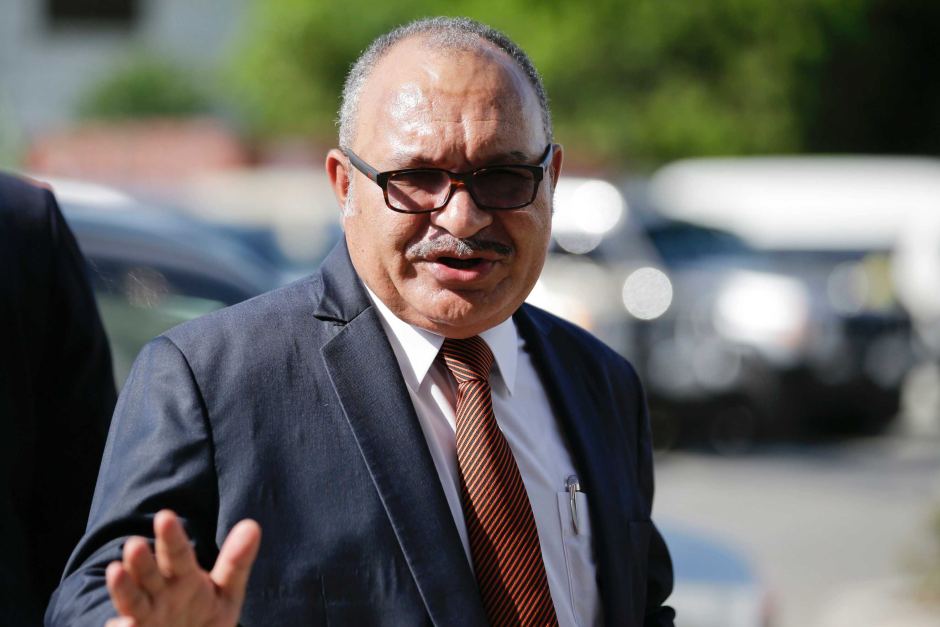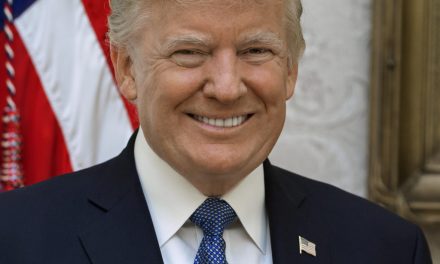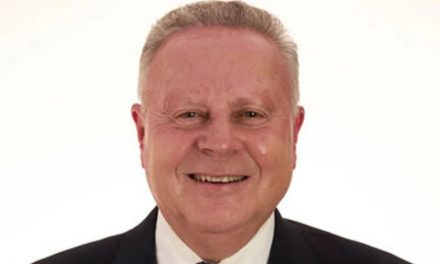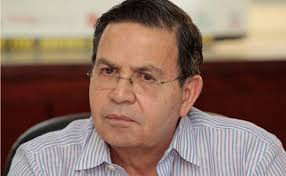16 October 2019
Papua New Guinea (PNG) police have issued a warrant for the arrest of former prime minister Peter O’Neill ( in picture) as part of an investigation linked to corruption. The police did not outline specific allegations.
The acting police commissioner David Manning said O’Neill was declining to cooperate with investigators. When the police asked him to accompany them to a police station, he refused to comply with the request.
O’Neill resigned after it became clear the opposition had the numbers to topple him, after a mass defection of government MPs to the opposition. He was replaced by his former finance minister Marape.
After O’Neill became the Prime Minister his popularity was boosted when he established Task Force Sweep, a multi-agency investigation into government corruption. Its investigators won praise for arresting and convicting dozens of public servants, businessmen and a former minister, while recovering tens of millions of dollars of public money in the process.
But things soured when Mr O’Neill himself became a target of its investigations. In 2014, police with the taskforce sought to arrest him over an allegation that he authorised payments of more than $30 million to a law firm for fraudulent bills for legal work performed for the state. Mr O’Neill refused to submit to questioning and Days later, he officially disbanded Task Force Sweep. Then he went to court to thwart any further investigations. His actions eroded his public support. In 2016, students at the University of Papua New Guinea boycotted class for several weeks in a protest against Mr O’Neill’s handling of the corruption allegation. In June, when the students organised a march to the Parliament police opened fire and at least a dozen people were injured.
In 2014 he raised a $1.2 billion loan to buy a stake in Australian-listed oil and gas company Oil Search. He sacked Don Polye who was treasurer at that time for refusing to sign the loan. Oil Search had a significant stake in the ExxonMobil-led PNG LNG project and it controls more than 60 per cent of PNG’s oil and gas assets.
In March, the government sold its 14 per cent holding in Oil Search at a loss of $250 million to the Abu Dhabi-based International Petroleum Investment Corporation because it could not agree on terms to pay out its loan for the shares.
A recently leaked report by PNG’s Ombudsman Commission found the government may have breached 15 laws in securing the loan, including failing to gain parliamentary approval.
Papua New Guinea (PNG) police have issued a warrant for the arrest of former prime minister Peter O’Neill ( in picture) as part of an investigation linked to corruption. The police did not outline specific allegations.
The acting police commissioner David Manning said O’Neill was declining to cooperate with investigators. When the police asked him to accompany them to a police station, he refused to comply with the request.
O’Neill resigned after it became clear the opposition had the numbers to topple him, after a mass defection of government MPs to the opposition. He was replaced by his former finance minister Marape.
After O’Neill became the Prime Minister his popularity was boosted when he established Task Force Sweep, a multi-agency investigation into government corruption. Its investigators won praise for arresting and convicting dozens of public servants, businessmen and a former minister, while recovering tens of millions of dollars of public money in the process.
But things soured when Mr O’Neill himself became a target of its investigations. In 2014, police with the taskforce sought to arrest him over an allegation that he authorised payments of more than $30 million to a law firm for fraudulent bills for legal work performed for the state. Mr O’Neill refused to submit to questioning and Days later, he officially disbanded Task Force Sweep. Then he went to court to thwart any further investigations. His actions eroded his public support. In 2016, students at the University of Papua New Guinea boycotted class for several weeks in a protest against Mr O’Neill’s handling of the corruption allegation. In June, when the students organised a march to the Parliament police opened fire and at least a dozen people were injured.
In 2014 he raised a $1.2 billion loan to buy a stake in Australian-listed oil and gas company Oil Search. He sacked Don Polye who was treasurer at that time for refusing to sign the loan. Oil Search had a significant stake in the ExxonMobil-led PNG LNG project and it controls more than 60 per cent of PNG’s oil and gas assets.
In March, the government sold its 14 per cent holding in Oil Search at a loss of $250 million to the Abu Dhabi-based International Petroleum Investment Corporation because it could not agree on terms to pay out its loan for the shares.
A recently leaked report by PNG’s Ombudsman Commission found the government may have breached 15 laws in securing the loan, including failing to gain parliamentary approval.
Last year PNG hosted APEC summit. This was a credit to the government. But the purchase a fleet of luxury cars, including 40 Maseratis and two Bentleys, to ferry dignitaries around Port Moresby ended up marred in the minds of many locals.
Many Papua New Guineans are not satisfied with his political cunning and long stint of 7 years.
Many Papua New Guineans are not satisfied with his political cunning and long stint of 7 years.
Sydney Morning Herald reported.















